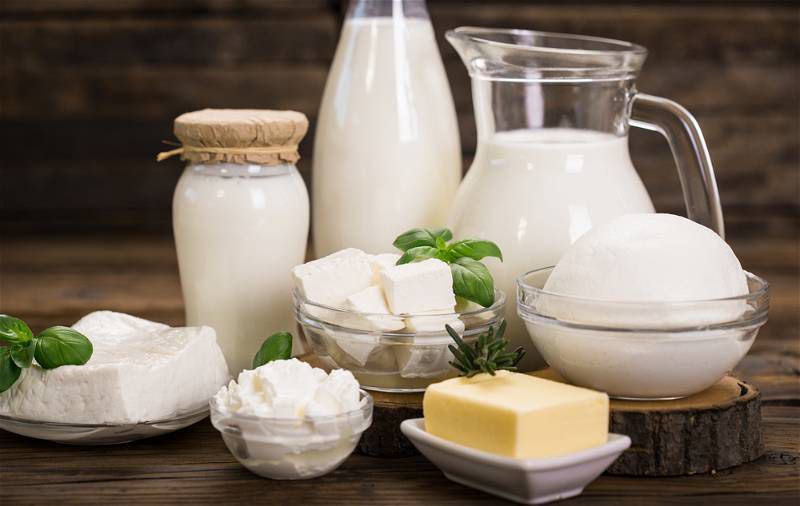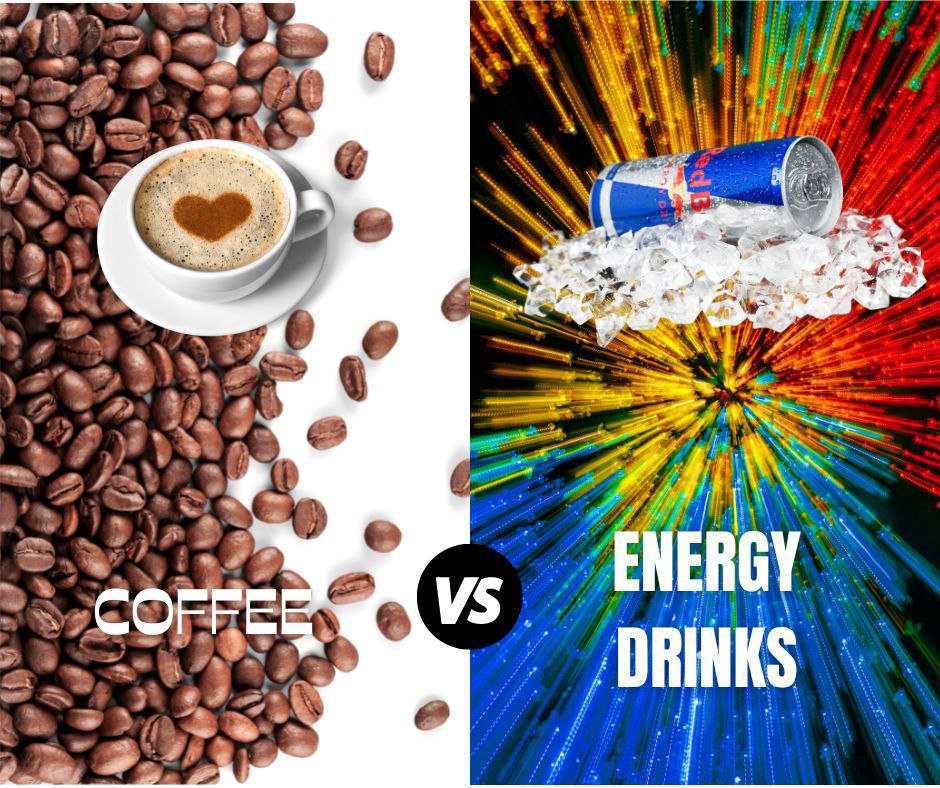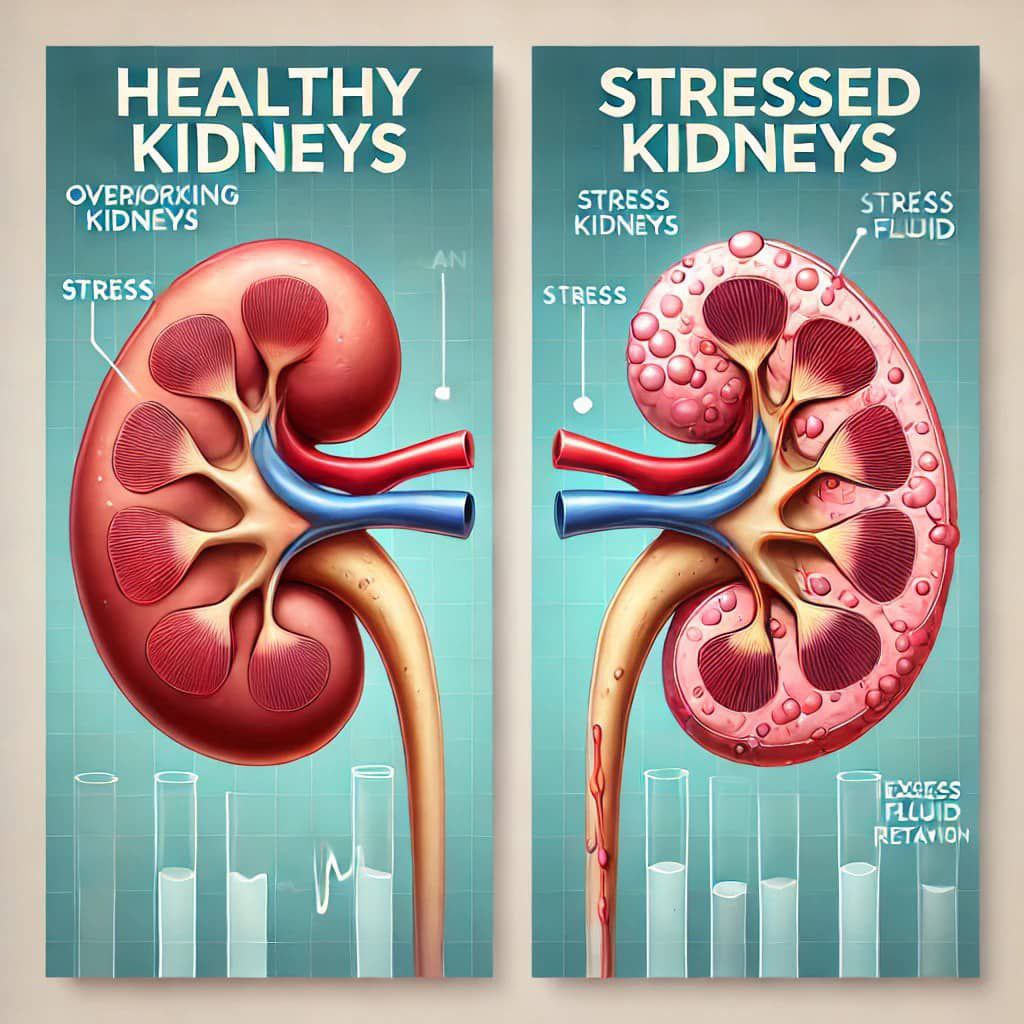
5 FOODS YOU SHOULD STOP EATING AT NIGHT TO PREVENT KIDNEY PROBLEMS
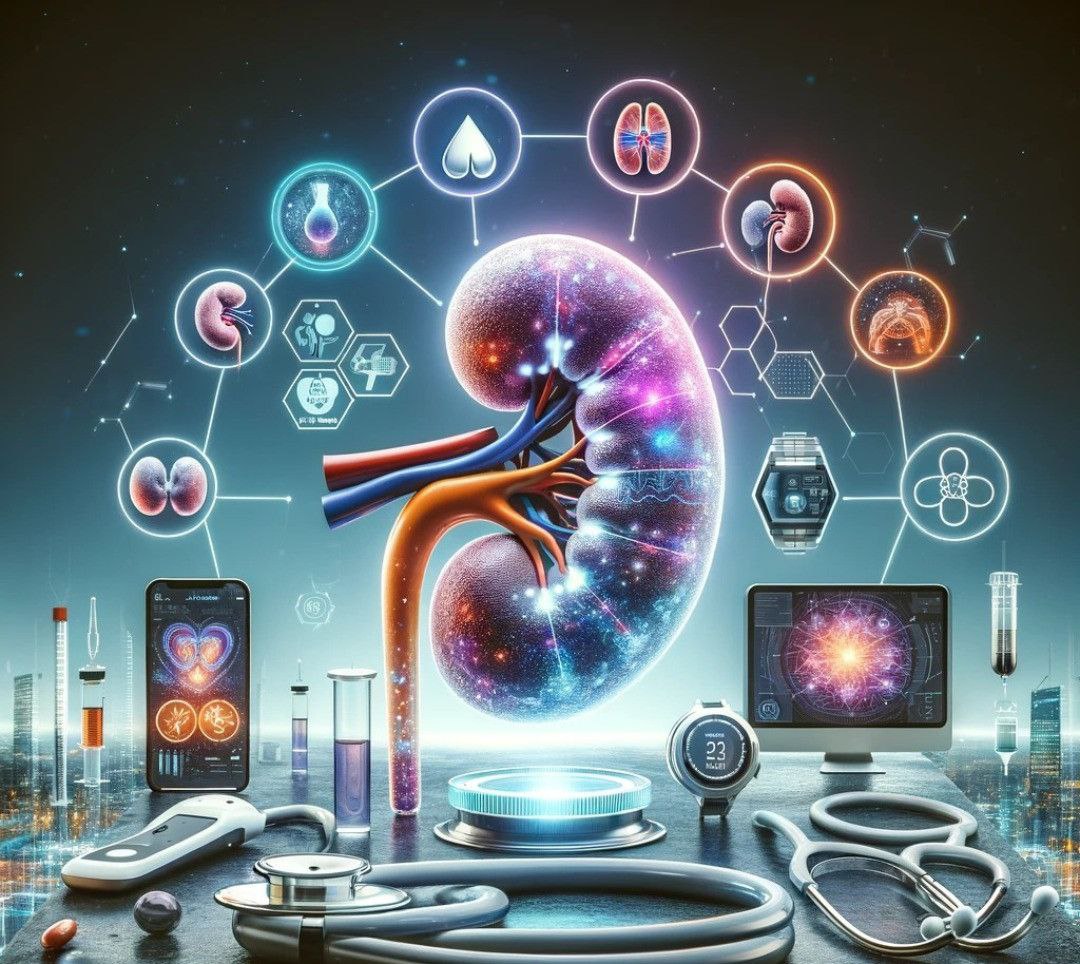
Kidney health is vital to your overall well-being, and what you eat plays a significant role in maintaining this delicate organ. Your kidneys help filter out waste and excess fluids, but consuming the wrong foods, especially at night, can overburden them. Many are unaware that certain common foods, when eaten in the evening, may contribute to kidney strain and long-term problems.
This article explores five foods you should avoid eating at night to safeguard your kidney health and reduce the risk of kidney-related issues. By understanding how your dietary choices affect your kidneys, you can make informed decisions for a healthier lifestyle.
1. HIGH-SODIUM FOODS
Sodium is a key component of many processed foods, from snacks to frozen dinners. While your body needs sodium for fluid balance and nerve function, excessive intake, particularly at night, can negatively impact your kidneys.
Why high-sodium foods are dangerous at night?
– Increased Fluid Retention: Sodium can cause your body to retain water, which puts extra strain on your kidneys as they try to regulate fluid levels.
– Elevated Blood Pressure: Consuming too much sodium before bed can spike your blood pressure, a leading cause of kidney damage over time.
Examples of High-Sodium Foods:
|Food Type|Sodium Content (mg)|
|——————|————————|
| Canned Soups | 800-1,500 |
| Processed Meats (e.g., Bacon) | 400-1,200|
| Instant Noodles | 800-1,100 |
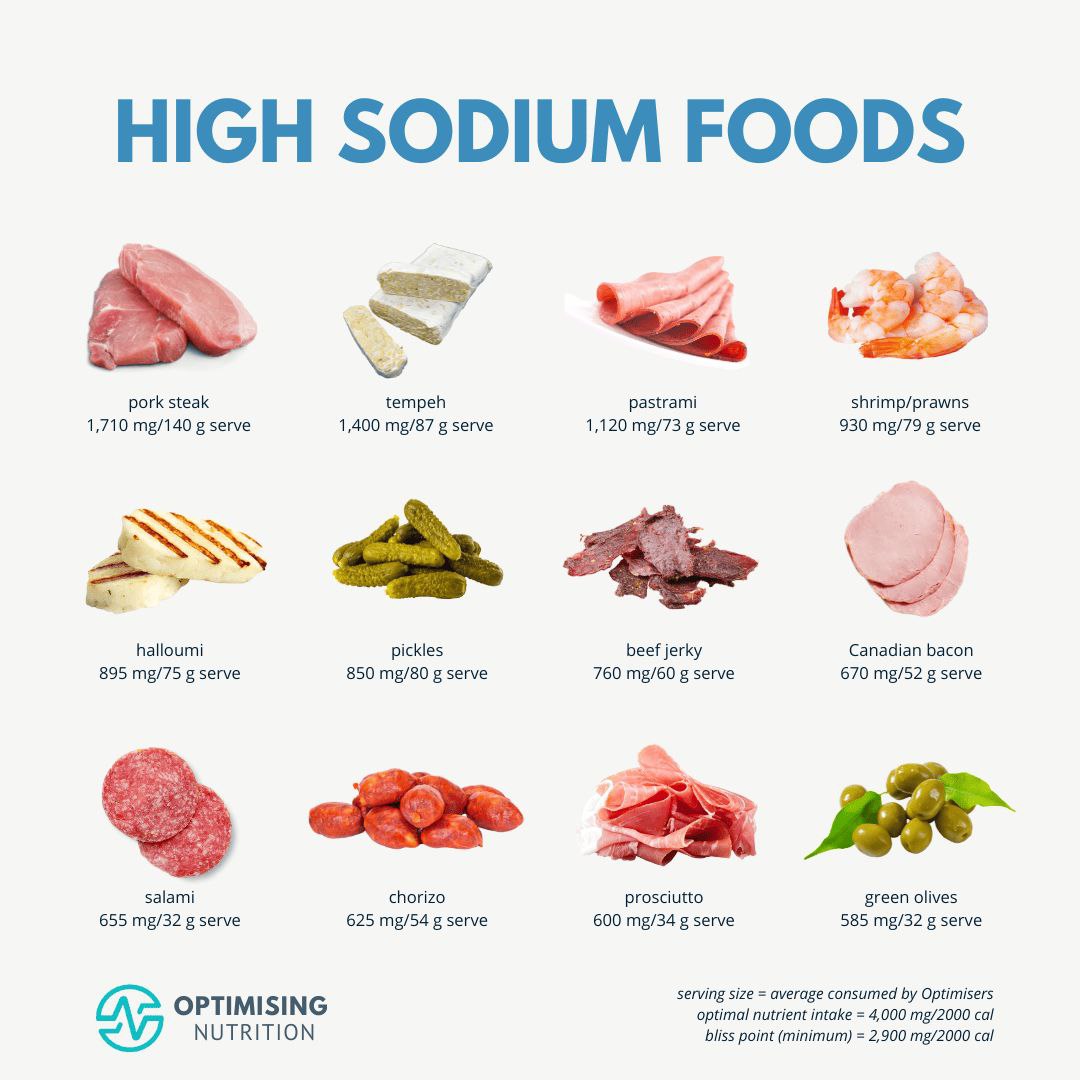
2. RED MEAT
Red meat, though packed with protein, can be hard on your kidneys if eaten in excess, especially late at night. High-protein diets increase the workload on your kidneys, as they have to process more waste products from protein metabolism.
The problems with red meat at night
– Increased Uric Acid Levels: Red meat is high in purines, compounds that your body breaks down into uric acid. High levels of uric acid can lead to kidney stones or worsen kidney function.
– Acid Load on Kidneys: Animal-based proteins produce an acid load that your kidneys must neutralize, further stressing them.
Examples of Red Meat:
– Beef
– Lamb
– Pork
If you crave protein at night, opt for plant-based sources like beans or lentils, which are easier on your kidneys.
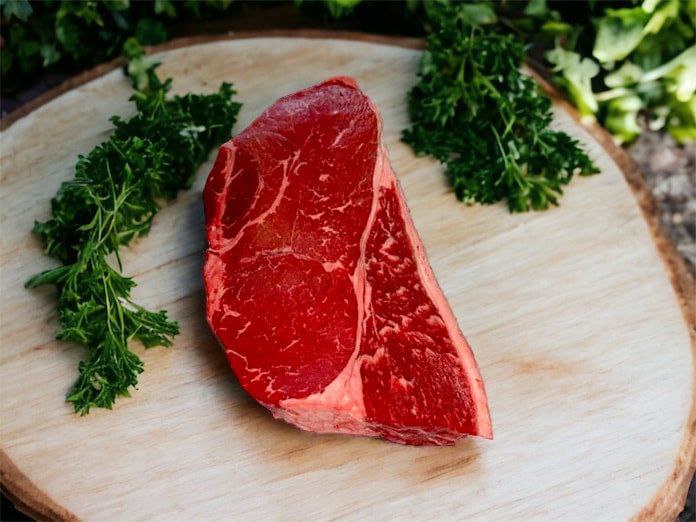
3. DAIRY PRODUCTS
Milk, cheese, and other dairy products are common components of nighttime snacks. While dairy is rich in calcium and other nutrients, over consumption can be problematic for your kidneys.
Dairy & kidney health: The nighttime connection
– Calcium Overload: Consuming too much calcium at night can lead to kidney stones. Your kidneys may struggle to process excess calcium, leading to buildup.
– Phosphorus Content: Dairy is also high in phosphorus, which can harm kidneys that are already weakened. At night, the body may have more difficulty balancing these minerals, leading to potential issues.
If you need a late-night snack, try plant-based alternatives like almond or soy milk to reduce calcium and phosphorus intake.
4.CAFFEINE -RICH BEVERAGES AND FOODS
Caffeine is known for its stimulating effects, which can disrupt your sleep, but it also has a significant impact on kidney health, especially if consumed at night.
How caffeine affects your kidneys.
– Dehydration: Caffeine acts as a diuretic, causing your kidneys to excrete more water than normal. This can lead to dehydration, which is harmful to your kidneys over time.
– Calcium Loss: Caffeine increases calcium excretion in urine, which can lead to kidney stones and other complications.
Common Sources of Caffeine:
| Item |Caffeine Content (mg)|
|—————–|—————————|
| Coffee (8 oz) | 80-100 mg |
| Energy Drinks | 70-200 mg |
| Chocolate (1 oz) | 20 mg |
Opt for herbal teas or decaffeinated drinks at night to prevent kidney strain.
5. SUGARY FOODS & DRINKS
High sugar intake can increase the risk of kidney damage, particularly for people prone to conditions like diabetes. Eating sugary foods before bed can also lead to spikes in blood sugar levels, which in turn affect kidney health.
The impacts of sugar on your kidney
– Elevated Blood Sugar Levels: Consuming sugary foods at night can lead to elevated glucose levels that your kidneys must filter, increasing their workload.
– Increased Risk of Diabetes: Over time, high sugar intake can lead to insulin resistance, a major risk factor for chronic kidney disease (CKD).
Examples of Sugary Foods:
| Food/Drink | Sugar Content (g)|
|———————-|———————–|
| Soda (12 oz can) | 39 g |
| Candy Bars (1 bar) | 25-30 g |
| Pastries (1 serving) | 15-20 g |
Choose healthier snacks like fruits or nuts that are lower in sugar and better for your kidneys.

Final Thoughts: Key Takeaways
- High-sodium foods: Avoid at night to prevent fluid retention and blood pressure spikes.
- Red meat: Opt for plant-based proteins instead to reduce acid load on kidneys.
- Dairy products: Switch to plant-based alternatives to minimize calcium and phosphorus overload.
- Caffeine-rich foods and beverages: Stick to decaffeinated options to avoid dehydration and calcium loss.
- Sugary foods and drinks: Choose low-sugar alternatives to reduce strain on your kidneys and prevent blood sugar spikes.
By making these small adjustments to your nighttime eating habits, you can support your kidneys and enjoy better overall health.
A Remark From Manny Spark
Your kidneys put out a lot of effort to remove waste from your blood and keep the proper ratio of electrolytes and fluids in your body.
You may promote the health of your kidneys and your general well-being by choosing your food wisely, particularly at night.
Select foods that are natural, fresh, and low in sugar, salt, and unhealthy fats. If you are concerned about your kidneys, spread out your protein intake throughout the day and avoid foods high in potassium.
To protect your kidneys, try not to overindulge in alcohol or caffeine, especially right before bed.
To protect your kidneys and enhance your overall health, stay away from these five food kinds at night.
Recall that subtle dietary adjustments can have a long-term positive impact on your kidneys. These are wise decisions that your kidneys will appreciate!
FAQs: Five Foods You Should Give Up Eating At Night To Prevent Kidney Problems.
~ What makes consuming foods high in salt inappropriate at night?
Consuming high-sodium foods late at night might make you retain more fluid and put stress on your kidneys, which are trying to flush out extra sodium from your body. Your kidneys may experience stress from this increased workload, particularly at night.
~ What effects can processed sugars have on my kidneys before bed?
Over time, elevated blood sugar levels caused by processed sugars may have an adverse effect on renal function. Your kidneys’ capacity to keep your blood sugar levels steady while you sleep may be compromised if you consume these sugars at night.
~ What is the issue with consuming foods heavy in bad fats late at night?
Bad fats, which can be found in fried snacks, fast food, and fatty meats, can cause inflammation and cardiovascular problems, which can have an indirect effect on kidney function. Eating these fats late at night may also cause digestive problems and have an impact on general metabolic health.
~ Does eating too much protein right before bed make me nervous?
Because your kidneys must process and remove the waste products of protein metabolism, eating too much protein, particularly from large meals late at night, can put stress on them. Rather than overindulging at supper, it’s advisable to distribute your protein intake throughout the day.
~ What are the effects of eating meals high in potassium at night on my kidneys?
Although too much potassium is good for you, especially if you have kidney problems, it can be dangerous. Eating foods high in potassium late at night may cause your kidneys more strain since they may not be able to properly control potassium levels as you sleep.
~ For the sake of renal health, why is it advised to avoid caffeine right before bed?
As a diuretic, caffeine can make you pee more frequently and cause dehydration, which can put strain on your kidneys. Caffeine before bed can cause sleep disturbances and impair the kidneys’ capacity to filter blood efficiently at night.
~ What is the impact of late-night alcohol consumption on renal function?
Due to its drying effects and potential to upset your body’s fluid balance, alcohol might further tax your kidneys. Drinking alcohol right before bed can also influence the quality of your sleep, which can have a long-term negative effect on your health and kidney function.


